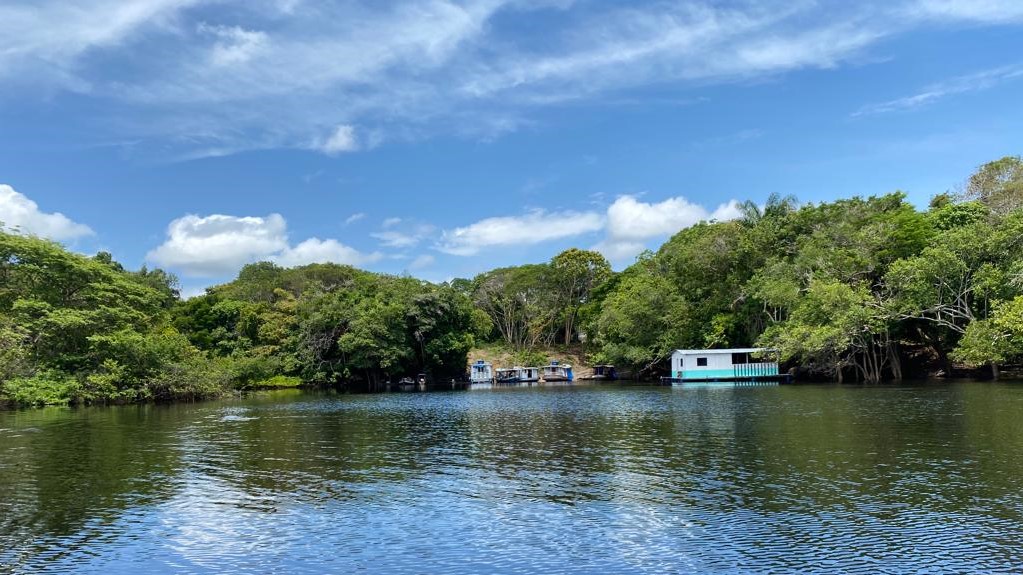
On September 13, the European Parliament voted for significant amendments to the draft proposal of the European Commission for a regulation on deforestation-free products, addressing many of the concerns raised by civil society in the past months. The modifications were suggested by the Parliament’s Committee on the Environment, Public Health and Food Safety (ENVI), and are included in their final report. Among the major improvements, the European Parliament stressed the need to widen the scope of agricultural and forest commodities to include also natural rubber and maize, among others; extending the definition of “forests” to include other non-forest ecosystems (such as the Cerrado savannah in Brazil); putting additional measures on financial institutions to ensure their activities do not back global deforestation. The Parliament proposal also provided for the rights of indigenous peoples, local communities and smallholders and the protection of their territories, as well as stricter requirements for operators to undertake efforts to support smallholders’ compliance.
Beyond what has been debated and voted on in respect of these general topics, the Parliament amendments also touched on other key operational aspects that will directly affect European companies importing and exporting goods and products falling in the scope of the Regulation. This article aims to present and shed light on such changes to prepare the ground for businesses facing the upcoming rules. While all modifications would worth the discussion, only the major ones affecting companies will be discussed herein.
Enlarging the scope
The EU Parliament strengthened the EU Commission proposal by enlarging the scope of commodities, shifting the cut-off date – after which commodities and products must be “deforestation-free” – one year earlier, extending the definition of “deforestation” and including financial institutions to prevent them from supporting projects and/or activities linked to deforestation, forest degradation or conversion.
Obligations and Due diligence
The text adopted by the Parliament clarified and complemented many aspects of the operators’ and traders’ obligations within the Regulation, such as the need for engagement and participation of multiple parties (in particular the most vulnerable stakeholders), the due diligence statement and annual public reporting requirements. Moreover, the Parliament emphasized in the text the need for small and medium enterprises (SMEs) to be consulted, fully involved in the cooperation with third countries and assisted by the Commission, as compliance with the Regulation’s requirements may be more challenging for them. New information requirements were added in relation to the geo-localisation of production areas, as well as to tenure rights claims and views of indigenous peoples and local communities. Their presence and claims are also included as new criteria for risk assessment and risk mitigation procedures.
Checks and Penalties
The percentages of checks to operators and the quantities of commodities and products being placed on the Union market, or exported from it, have increased. Moreover, new penalties were imposed for non-compliance and the maximum amount of fines in relation to operators’ and traders’ turnover was increased. Last but not least, a list of non-compliant operators and traders shall be published by the Commission, publicly available and periodically updated.
Countries benchmarking and regulation reviews
The Parliament defined the deadline for the Commission to publish the countries benchmarking list. It also provided more details on how the review made by the Commission on the Regulation shall be made, reducing time frames and including new elements to be evaluated, such as the possibility of extending its scope.

